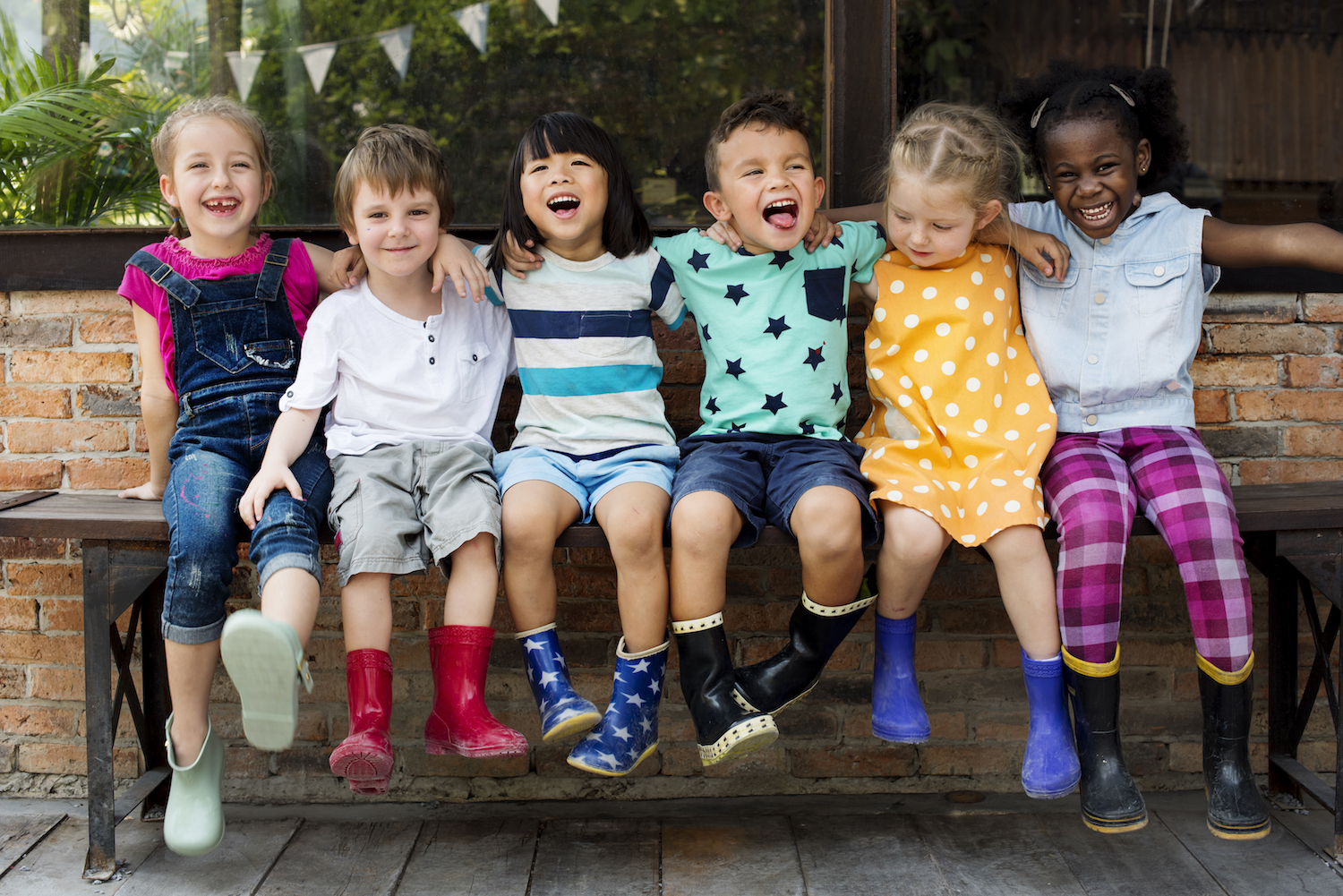
As I observe what I see on the news and on social media, I am once again grieved to see the evil of racism platformed and the same turmoil that has haunted us for generations.
If you’re anything like me, you’ll be feeling a frustrating blend of anger, weariness, and lament right now. I’m continually asked the questions: What can we possibly do to address such a big problem in our society? What can we do with the opportunities we have to help?
I believe that you, me—all of us—can do something and it can start now. It can start today. We have seen so many generations lost to the pain and horror of racial abuse, but we can plant good, biblical and life-giving truth about God’s good design for humans into the next generation.
If you want your children to embrace those who are different from them, you must first, by example and conviction, embrace those who are different from you.
Children are curious about the world around them, but with all things, we want to teach and guide children so that they are knowledgeable about the God-given differences seen in others. Like you’d teach them about anything else, it’s essential that we begin to teach our children about creation, specifically the image of God, at an early age. If you want your children to embrace those who are different than them, then you must start with helping them understand that God is the Creator of every tribe, tongue, and nation.
This is not an exhaustive list but it is a start. Here are four ways to help kids embrace those who are different than them:
In the beginning, God created all of mankind in His image, male and female alike (Gen. 1:26). God created us to reflect aspects of his beauty and character, and the result is the human race we know today—amazingly varied and wonderfully diverse. Every single one of us reflects something about God.
Have you taken time to share and celebrate this amazing thought with your kids? As God’s image-bearers, we are all equal. We are equal in dignity and worth. Of all God’s creation, we are the only ones created in His very image. Too often we assume that just means us. But it doesn’t, it means everyone.
We can imagine all kinds of things about other people, and buy into all kinds of stereotypes—until we spend time them. It’s almost like we have a default setting that finds it easier to spend time with “people like us”. We need to resist that urge.
One practical way to show love to others is simply to invite others into your life. When it’s safe to do so, have them over for lunch or dinner. Make the effort to find those who are different from you, and model to your children how you take an interest in their lives.
Then look at your neighborhood and welcome your neighbors. Learn about them as people and if their culture is an important aspect of their lives, listen and learn. Your kids will recognize, remember and internalize this level of engagement with those who are not like you or them. Invite these differences into your lessons at your home during dinner. Learn about other cultures if you live in an area that is not diverse. With all of the resources we have at our fingertips, let’s take advantage of them so we can better love our neighbor and enrich our souls.
Heaven will be filled with people from Indonesia, Dubai, Zambia, the Appalachian Mountains of East Tennessee and the Grand Cayman Islands. And today we can get a foretaste of heaven when we step out of our comfort zones to get to know someone not like us.
Take the time to find out more about them. You can find out about their clothes or their culture, the food they like or the family they are part of. You can get out a map or a globe and look at where their family originates. You can share photos. You can ask them how they became a believer in Jesus, and just enjoy being with them.
But even if we don’t have different people right in front of us, we can still find ways to celebrate the reality of God’s wonderfully rich and diverse world. As you teach your kids about other people and cultures have fun! Get creative: cook different kinds of ethnic food, go to festivals celebrating different nationalities, have a history lesson with music from various locations, etc.
Christ continually related to people who were different from him—tax collectors, Samaritans, prostitutes and so on. Jesus was bold to share with them, and ignored the criticism of the establishment that came his way as a result. Why? Because of his love for the souls of his image bearers. The gospel has power to bring even the most unlikely of people together, and this brings glory to him. We want to teach our kids that it is only Jesus who can ultimately unite people from every tribe, tongue, and nation.
Bottom-line, if you want your children to embrace those who are different from them, you must first, by example and conviction, embrace those who are different from you. Your children are watching and learning from you. They will embrace whoever you embrace. It is God and the gospel of grace that motivates us to step outside ourselves, and celebrate the differences around us. God created, he redeems, and it is He who is calling all these different people together in Christ for His glory.
---
Trillia Newbell is the author of God’s Very Good Idea. This book celebrates diversity and will help children see how people from all ethnic and social backgrounds are valuable to God and how Jesus came to rescue all kinds of people. It will also excite them about being part of church - God's delightfully different family.